Diving into the psychology of NFL fans opens up a fascinating world of passion, identity, and community. From the roaring cheers in the stadiums to the lively debates on social media, NFL fans exhibit a wide range of psychological behaviors and motivations.
Understanding these behaviors not only gives us a glimpse into fan culture but also reveals broader truths about human nature and how we bond with others.
Let’s take a closer look at the psychological dynamics that drive NFL fandom, including identity, group belonging, emotional investment, and the impact of wins and losses.
Who Are NFL Fans?
At the heart of the psychology of NFL fans is a sense of identity. For many, being an NFL fan isn’t just a hobby—it’s a crucial part of who they are. This often starts in childhood, influenced by family traditions, where you’re from, or personal experiences.
Fans proudly wear their team’s colors, decorate their homes with memorabilia, and plan their lives around game days. This deep connection makes the fan experience intensely personal and emotionally charged.

Fans often see their team as an extension of themselves. They use phrases like “we won” or “we need to improve our defense,” showing how closely they identify with their teams.
This strong identification blurs the lines between individual and team, creating a powerful sense of belonging.
Finding Community and Connection
A huge part of the psychology of NFL fans is the sense of community it creates. NFL fandom brings people together, forming close-knit groups united by a shared passion.
Whether tailgating at the stadium, joining fantasy football leagues, or chatting in online forums, the social aspect of being an NFL fan is undeniable.

These communities give fans a support system and a shared identity, fostering a sense of camaraderie and belonging. It’s not just about the sport; it’s about building relationships and finding your tribe.
Celebrating wins and enduring losses together strengthens these bonds, creating a unique social network centered around the team.
Emotional Rollercoaster and Escape
The psychology of NFL fans is also about emotional investment. Fans go through a rollercoaster of emotions each season, from the exhilaration of victories to the heartbreak of losses.
This emotional engagement provides an outlet for stress and a way to experience intense feelings in a controlled environment.

For many, watching NFL games is a form of escapism, a chance to step away from daily challenges and immerse themselves in the excitement and drama of the sport.
This emotional investment has both upsides and downsides. On the positive side, the joy and excitement of following a team can be a great source of happiness and connection with others.
On the downside, the frustration and disappointment of losses can lead to stress and, in extreme cases, aggressive behavior. Understanding these emotional dynamics helps us appreciate the psychological complexity of NFL fandom.
The Highs and Lows of Wins and Losses
The psychology of NFL fans is deeply affected by the outcomes of games. Winning and losing have profound impacts on fans’ emotions, self-esteem, and social interactions.
When a team wins, fans feel a surge of pride and accomplishment, often boosting their mood and self-esteem. This “winner’s high” reinforces their loyalty and love for the team.

On the flip side, losing can bring feelings of disappointment, frustration, and even anger. These negative emotions can spill over into other areas of life, affecting personal relationships and overall well-being.
However, loyal fans often find ways to cope with losses, such as blaming external factors like referees or focusing on future games with optimism.
Rituals and Superstitions
Rituals and superstitions are another intriguing part of the psychology of NFL fans. Many fans believe in specific behaviors or practices that they think can influence the outcome of games.
These rituals range from wearing lucky jerseys to performing pre-game routines. While these actions don’t actually affect the game, they give fans a sense of control and involvement, enhancing their overall experience.
Superstitions also help manage anxiety and uncertainty. By sticking to these practices, fans feel more connected to their team and maintain hope and optimism, no matter the odds.
The Role of Media and Technology
In today’s digital age, the psychology of NFL fans is also shaped by media and technology. Social media platforms, sports news websites, and online communities keep fans constantly connected to their teams and fellow fans.

This continuous engagement keeps the excitement and conversation alive, even during the off-season. Media coverage and commentary also shape fans’ perceptions and emotions. Analyses, game highlights, and player interviews all contribute to the narrative that fans follow and discuss.
This media-driven environment amplifies the emotional highs and lows of fandom, creating a dynamic and ever-evolving fan experience.
Suggested Read: The NFL’s memorable rivalries – Epic Clashes
Summing It Up!
In conclusion, the psychology of NFL fans is a rich and complex subject that encompasses identity, community, emotional investment, and the influence of media.
The deep emotional connection fans have with their teams reflects our broader human desires for belonging, identity, and excitement.
Whether celebrating a Super Bowl victory or enduring a tough season, NFL fans show a remarkable range of psychological behaviors and motivations that make the world of sports so compelling and vibrant.
Understanding these dynamics not only enriches our appreciation of NFL fandom but also provides valuable insights into the universal aspects of human psychology



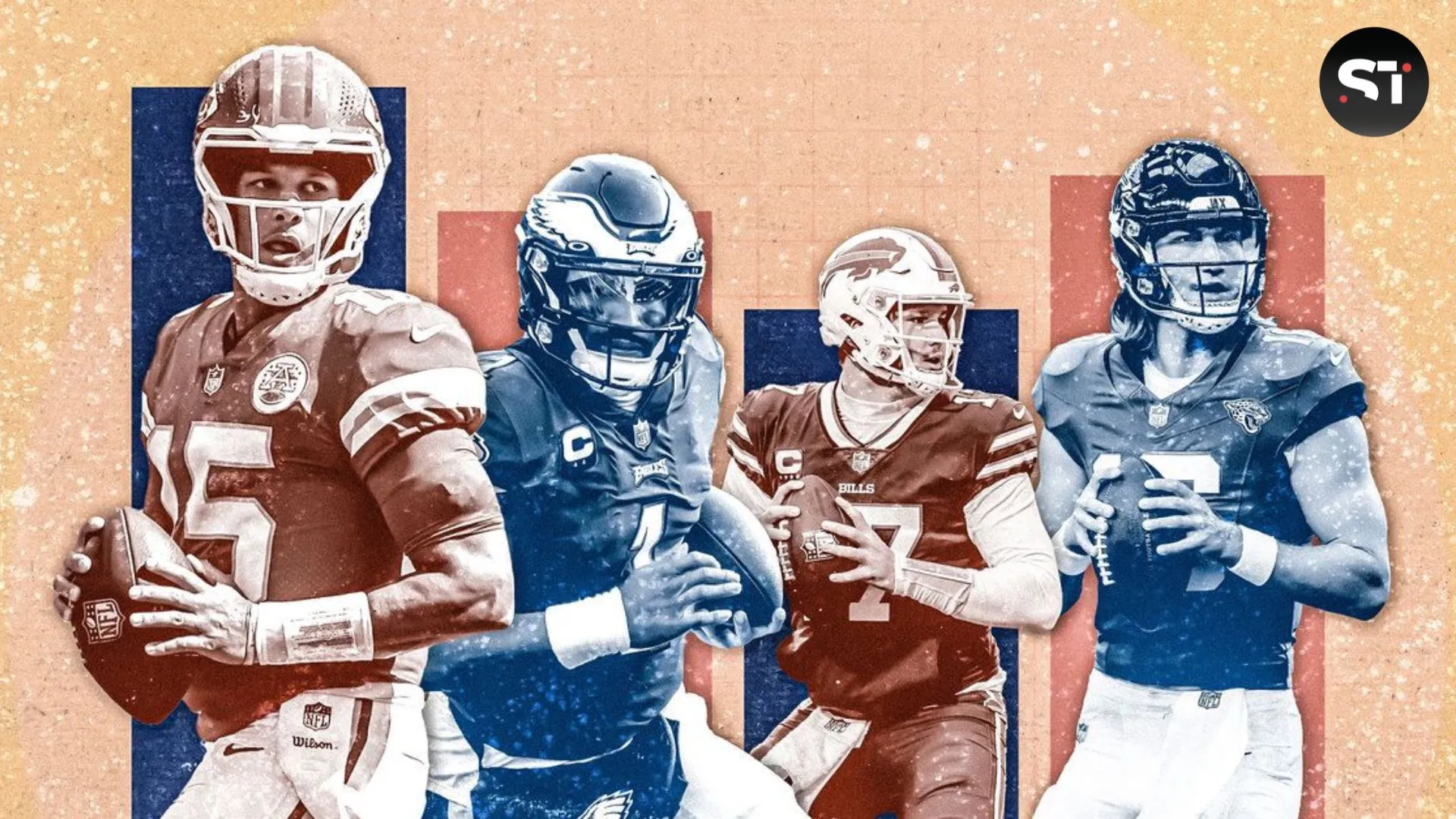
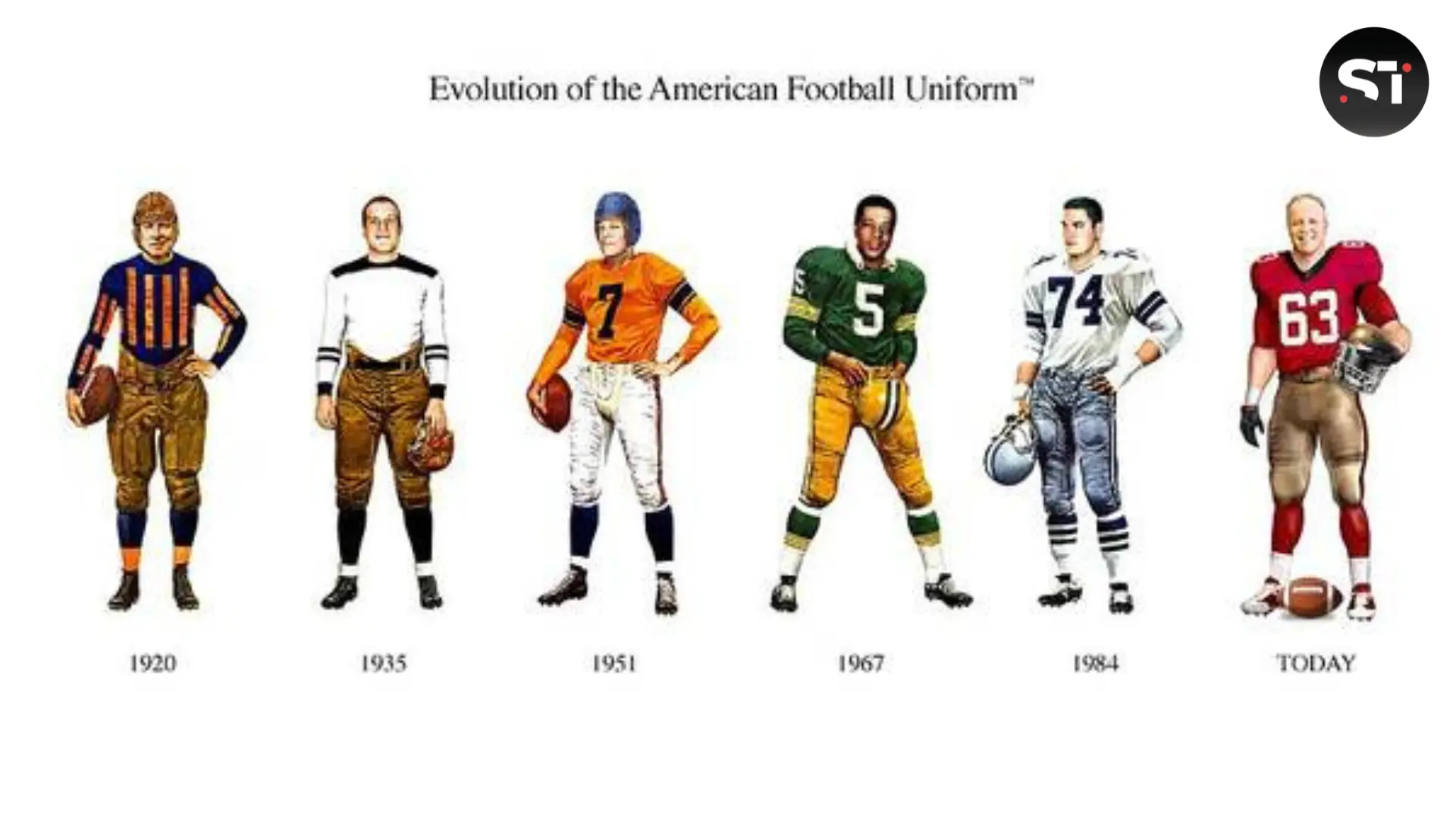
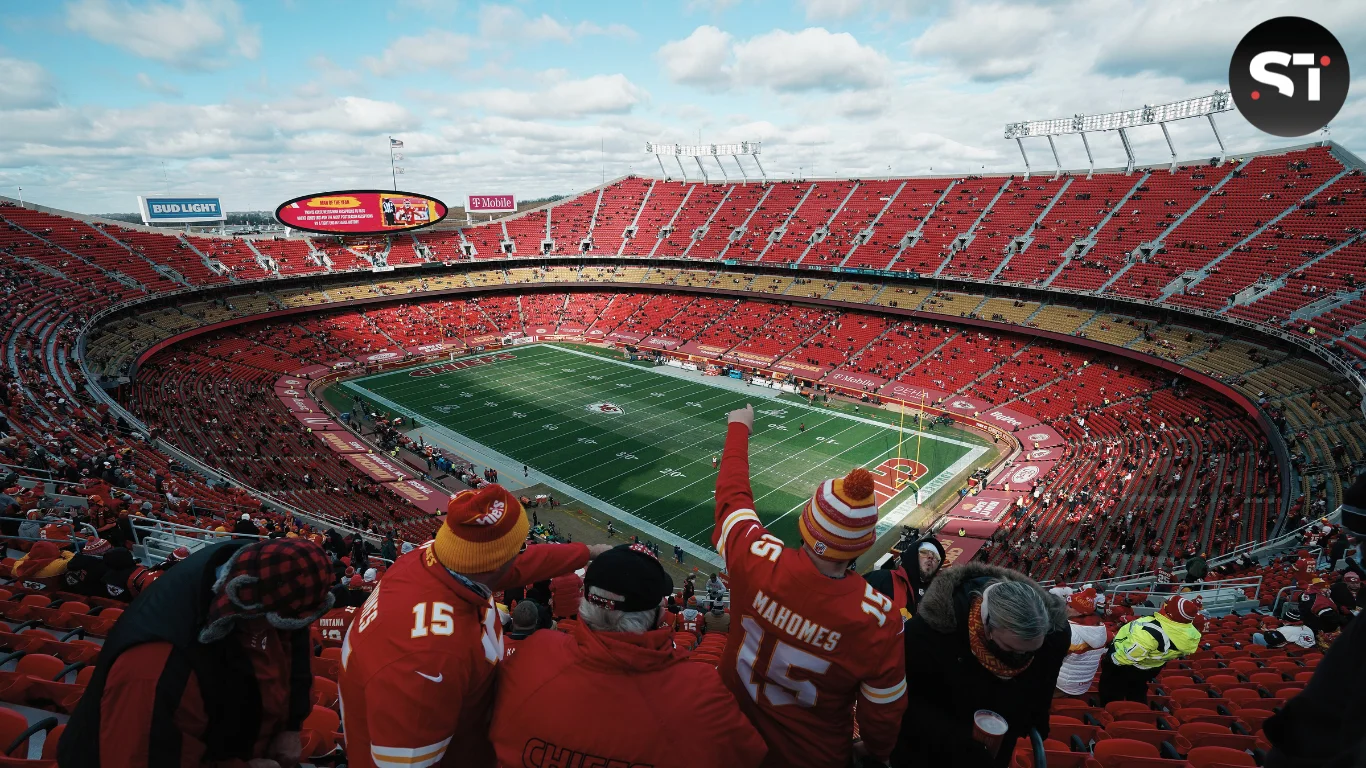
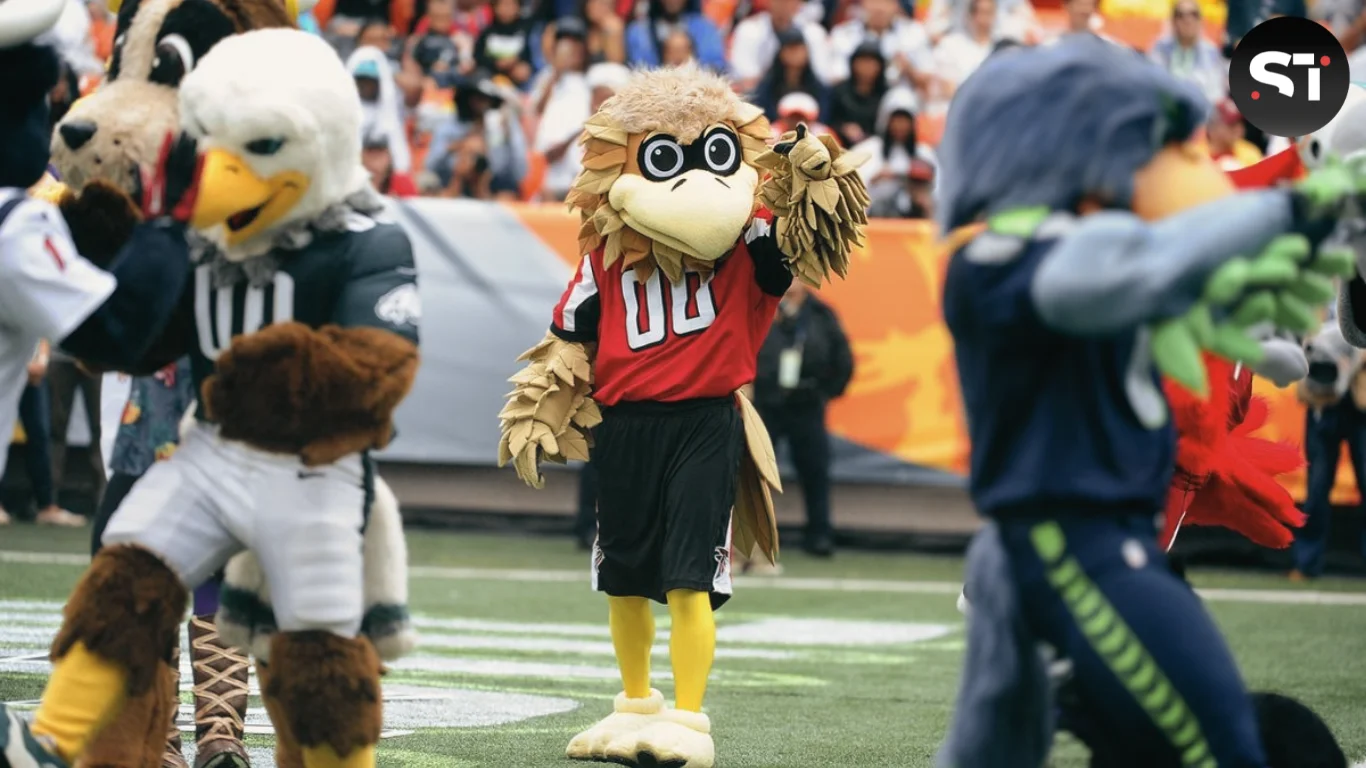
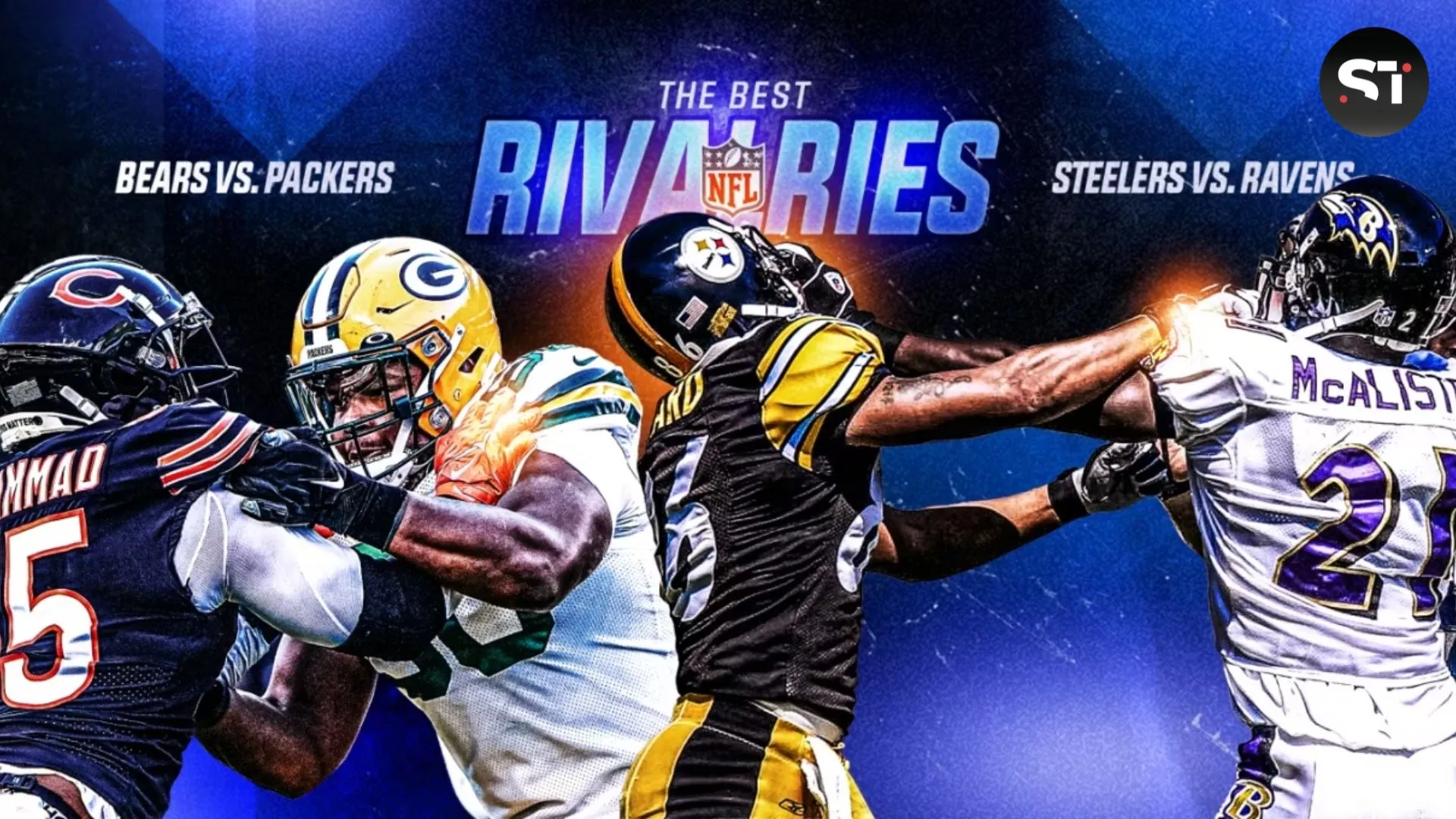
[…] Suggested Read: Exploring the Psychology of NFL Fans […]
[…] Suggested Read: Exploring the Psychology of NFL Fans […]